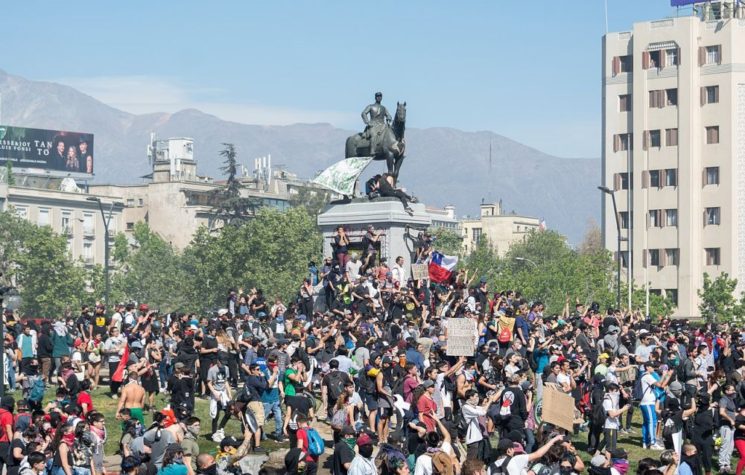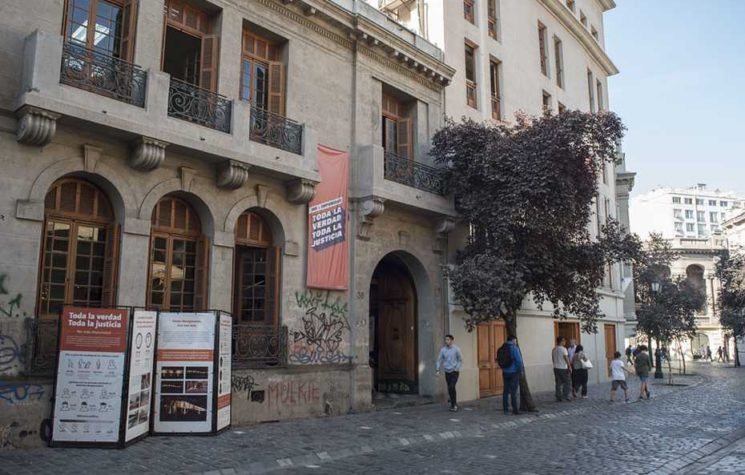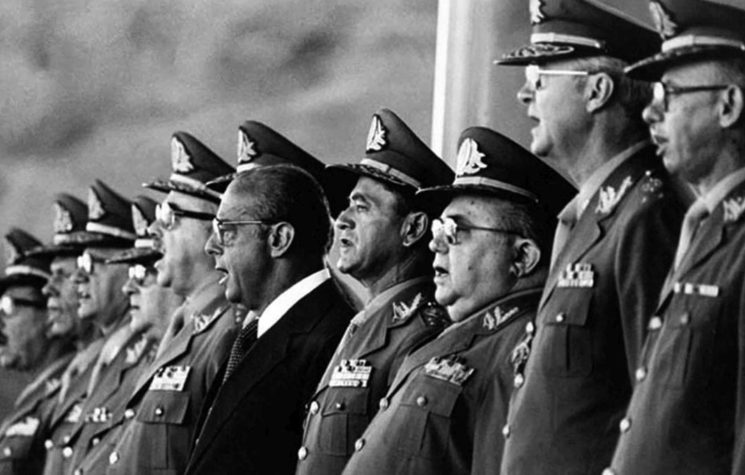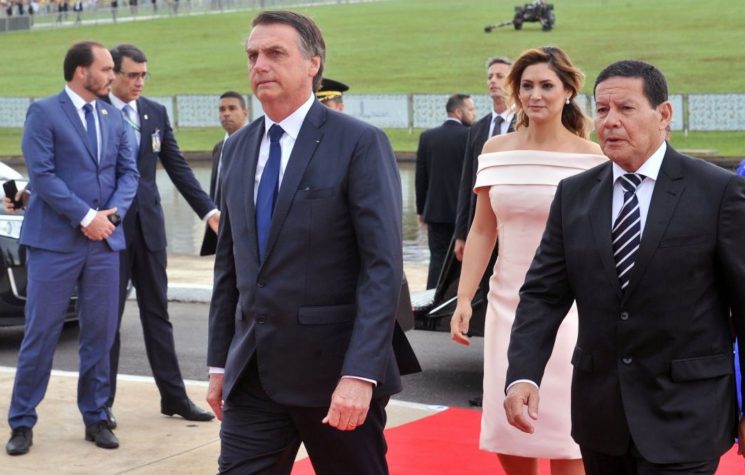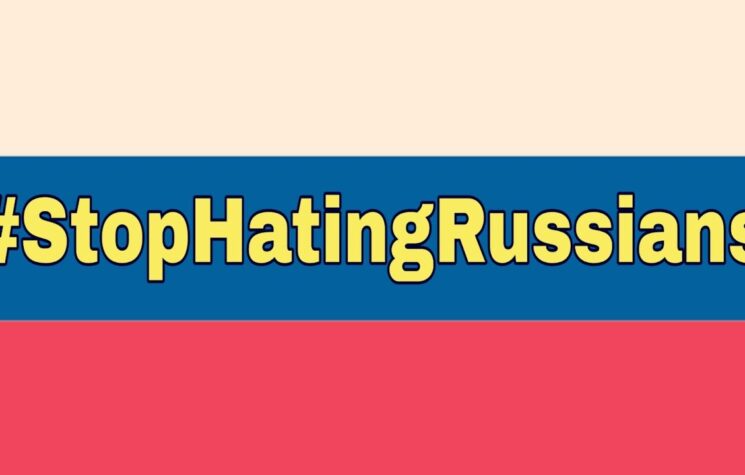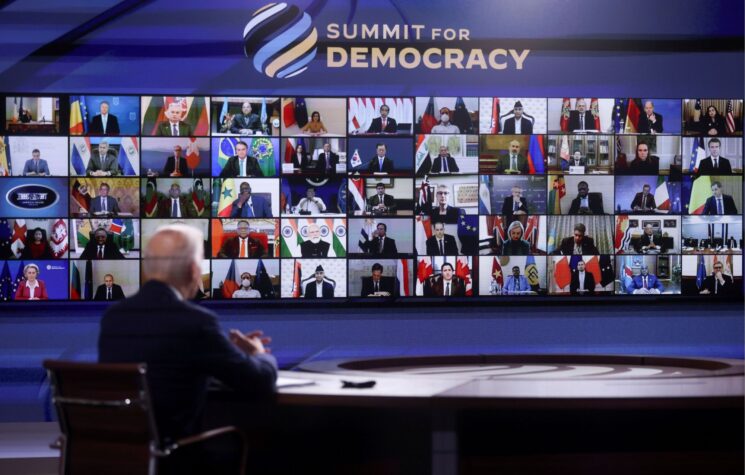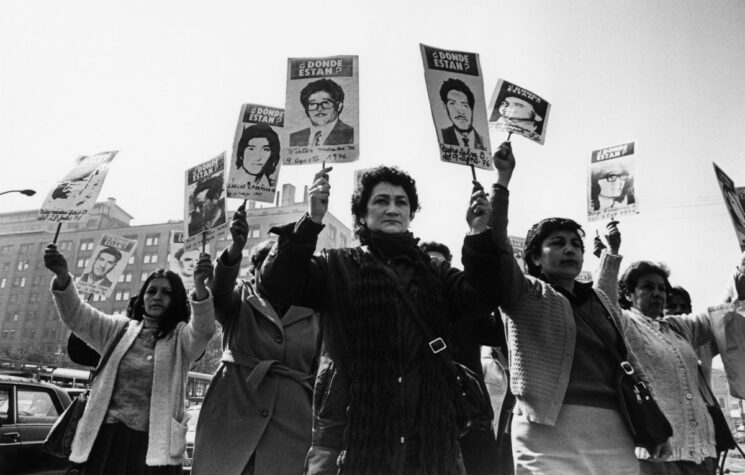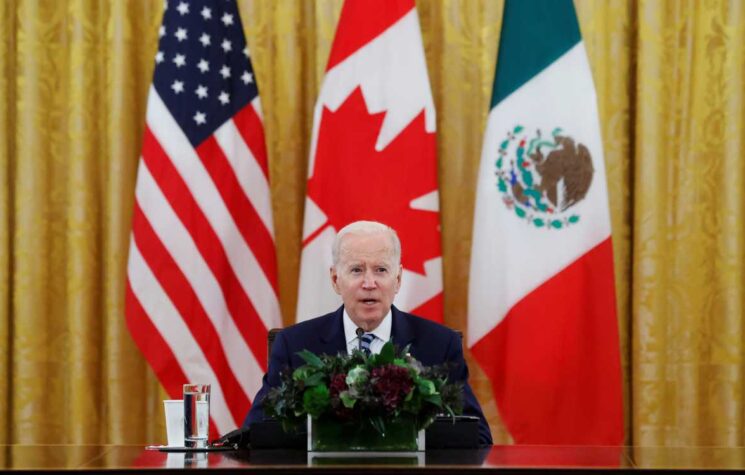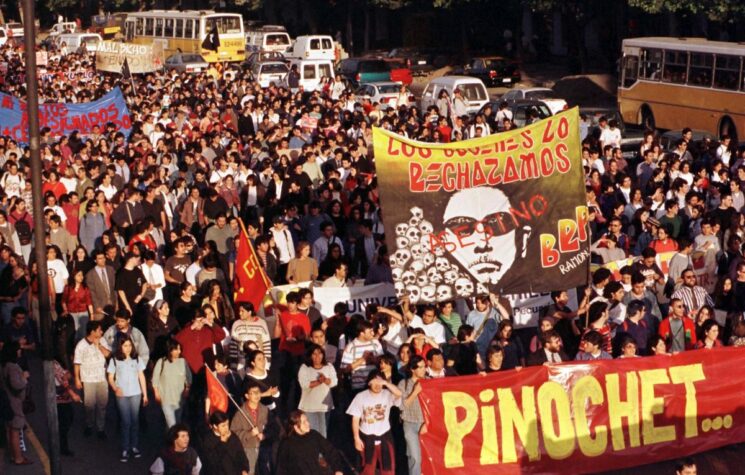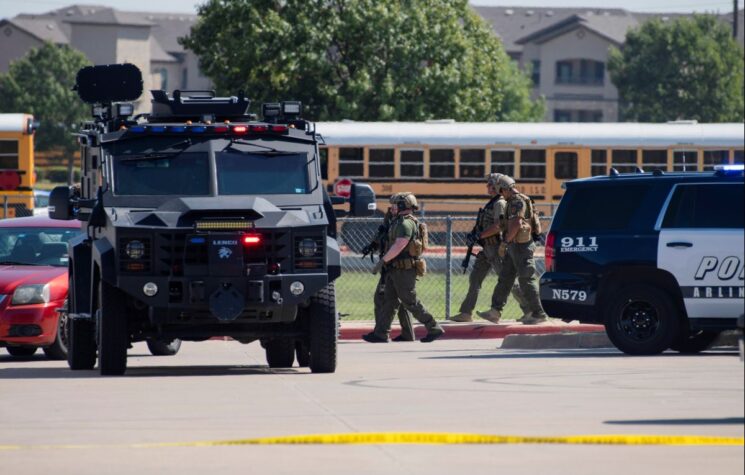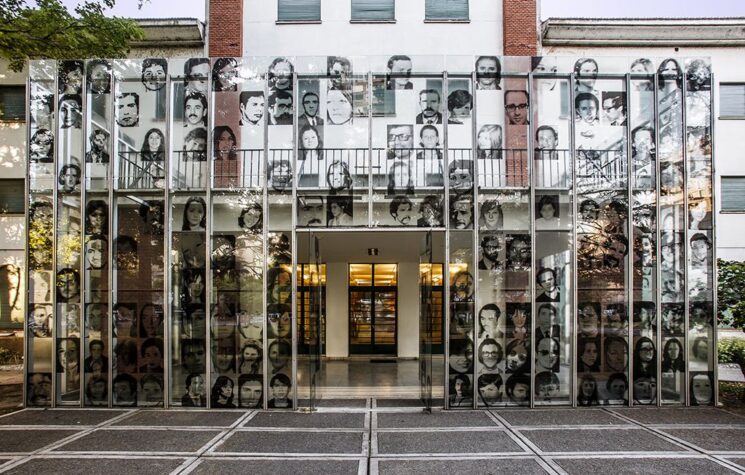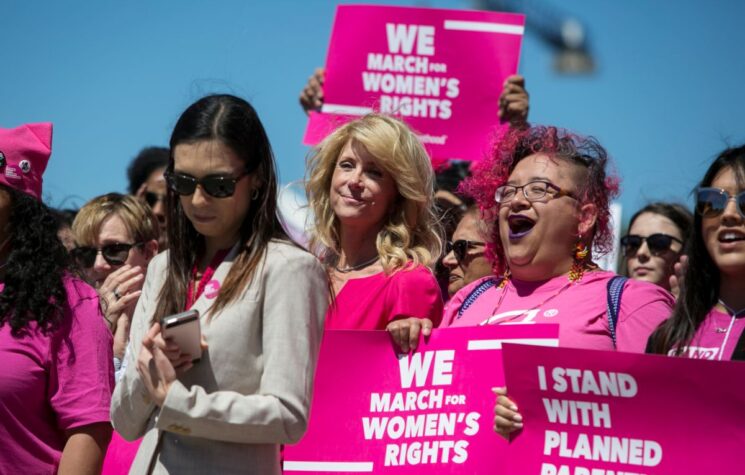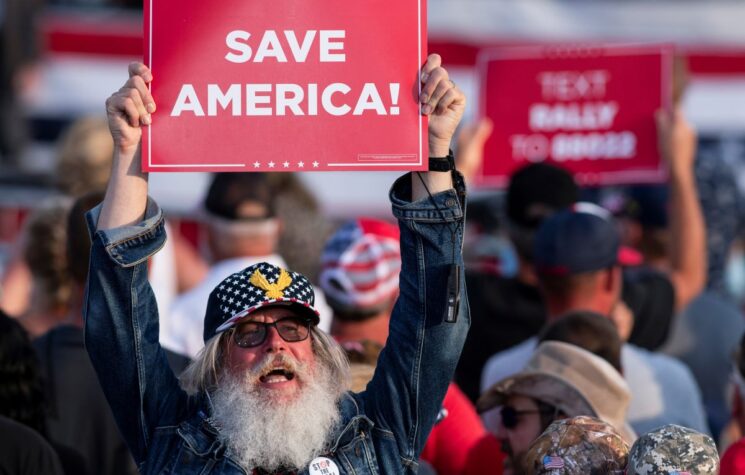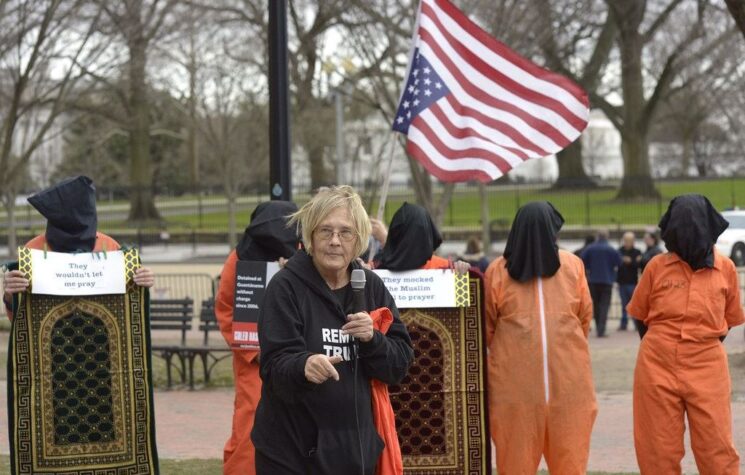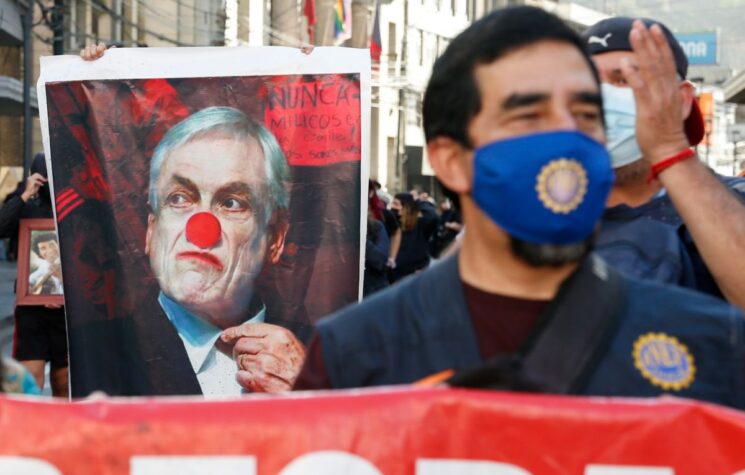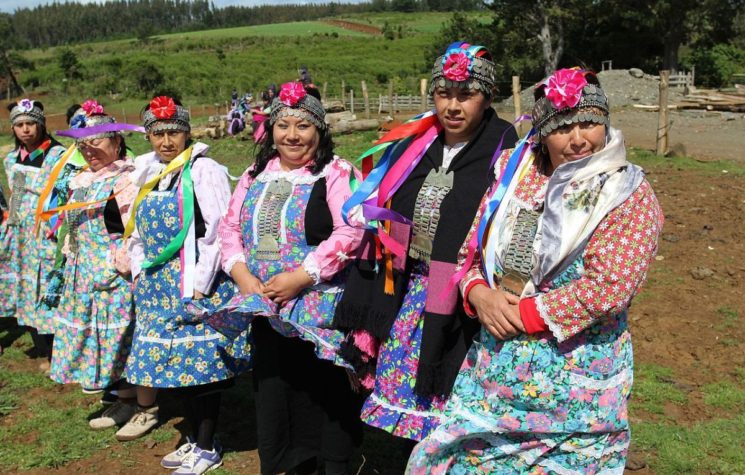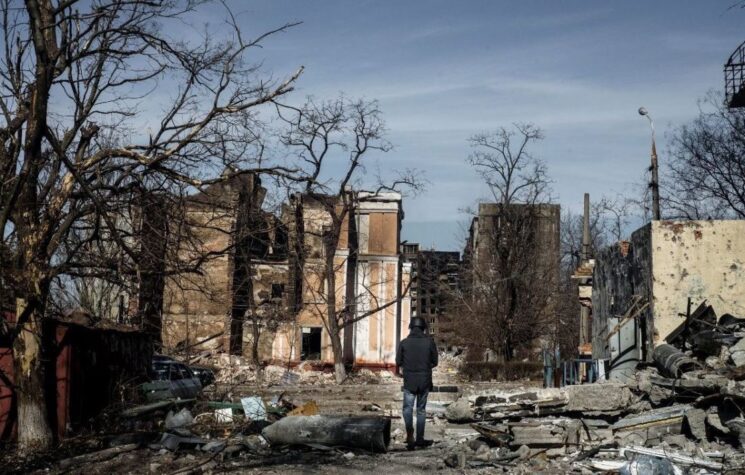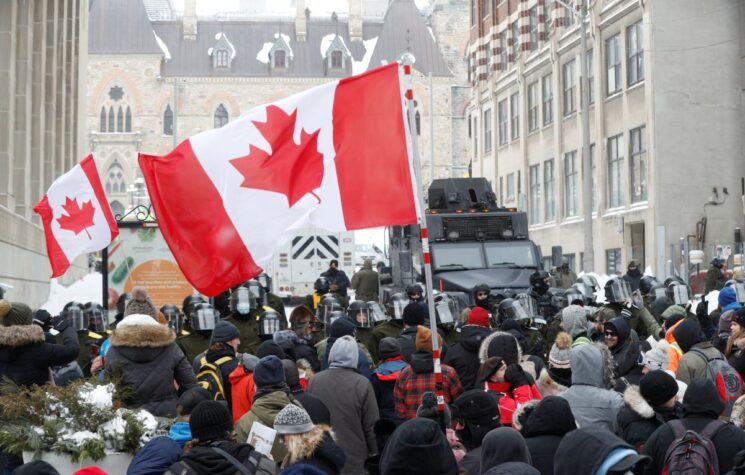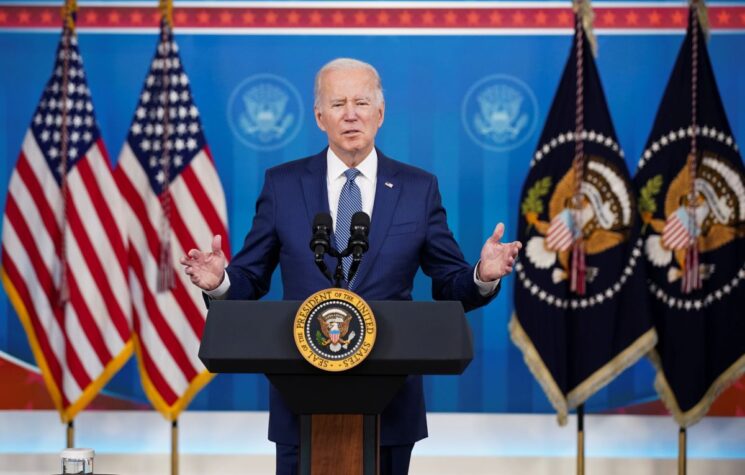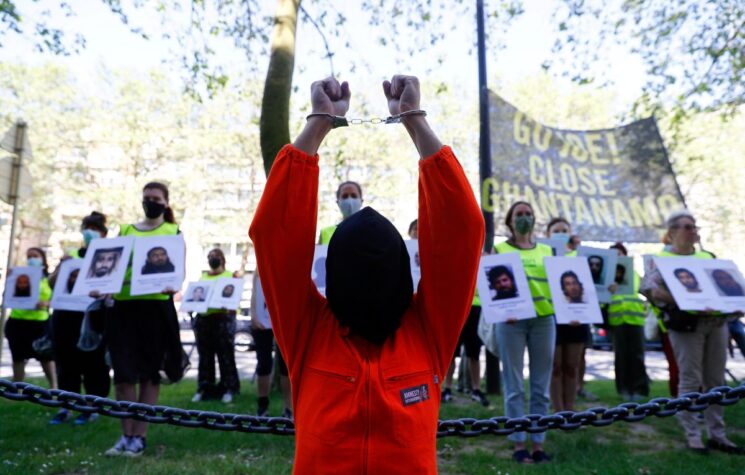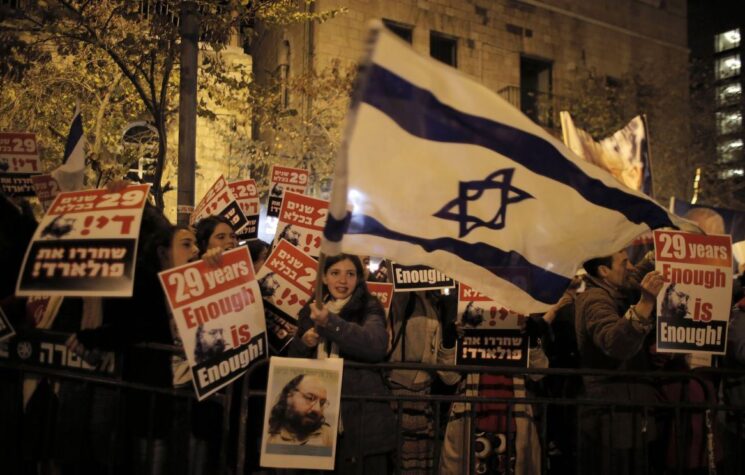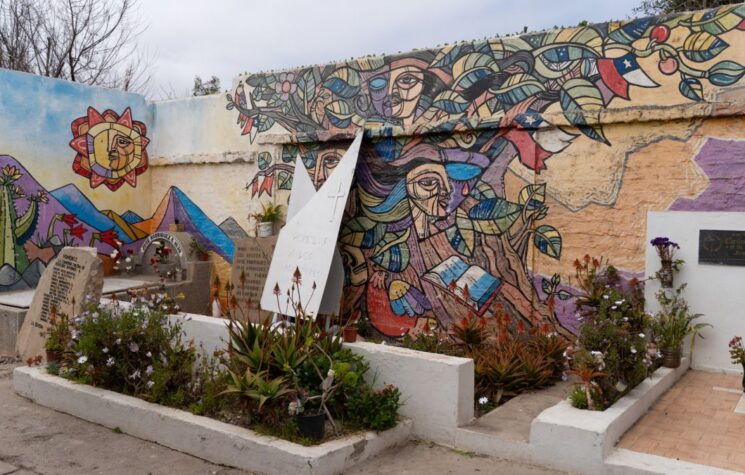At face value, the protests in Chile against the right-wing government of Sebastian Piñera are about the 3 per cent rise in metro fares which would put Chileans outside elite circles at increasing socio-economic disadvantage.
However, the protests indicate a simmering anger over the ongoing ramifications of the neoliberal experiment unleashed upon Chile by the US-backed dictatorship of Augusto Pinochet. Decades after the democratic transition, the dictatorship constitution remains in place. A commodity for governments, be they right-wing or centre left, to entrench social divisions and provide the foundations upon which dictatorship practices can be implemented in a democracy, as Chile has experienced since Piñera imposed a curfew on the capital city, Santiago, which has now been extended across the country.
A photo of Piñera dining at an elite restaurant as Santiago erupted in protests and military violence contributed to the Chileans’ growing repudiation of the president’s authority. Some contrasted his stance with that of Salvador Allende, who kept his pledge to remain with the people until the end.
Piñera has framed the people’s uprising through a declaration of war. Eliminating reference to the people by using the metaphor of “the enemy who is willing to use limitless crime and violence”, the Chilean president justified the curfew, including the presence of the military on the streets, by stating that “democracy not only has the right, it has the obligation to defend itself.”
But what if Chile’s transition to democracy continues to prove it is merely a veneer for the dictatorship practices ushered in by Pinochet?
This is not the first time Chile has mobilised against government policies. In 2011, the student protests for free education and the assurance of education rights for Chile’s indigenous Mapuche also pointed towards the need to move away from the business model which privatised education. At the time, Piñera claimed that nationalising education would detract from quality and freedom. In 2011, the students were met with violent repression in the form of tear gas and rubber bullets.
The nationwide protests have triggered concerns among Chileans of a return to the dictatorship era. More than 10,000 military personnel have been deployed in Santiago. National Defence Chief Javier Iturriaga, who has family links to the dictatorship’s National Intelligence Directorate (DINA) declared the curfew a means of “protecting the people”. The government is calling upon people to stay in their homes, yet Chileans are defying the curfew and mobilising on the streets. To stay at home, on government’s orders, is an acquiescence which Chileans cannot afford. Even in their homes, however, Chileans aren’t safe from military violence.
Meanwhile, the first victim of military aggression has been announced – 25 year old José Miguel Uribe Antipani, who was shot in the chest during a demonstration in Curicó. Reports by Chile’s National Institute of Human Rights have confirmed the military’s use of excessive force, including beating of protestors, among them minors, torture and sexual harassment and abuse of women. More than 2,000 Chileans have been detained and the death toll is reported to have increased to 15.
The link between neoliberalism and violence must not be negated. Chile’s social inequalities have persisted and the country’s management since the democratic transition has prioritised keeping Pinochet’s legacy intact through privatisation, exploitation and the expectation that the people remain tethered to their subjugation in order to ensure the elite’s retention of privilege. Piñera understands the underlying causes of the current mobilisation, yet prefers to keep to a selective narrative in order to maintain his impunity. As organisations and workers across Chile call for the people’s demands to be met, the government can no longer hide behind the veneer of metro fare increases. As this façade crumbles, Piñera must be held accountable, yet the scrutiny of past governments and their loyalty to the dictatorship agenda must not be erased from memory.








